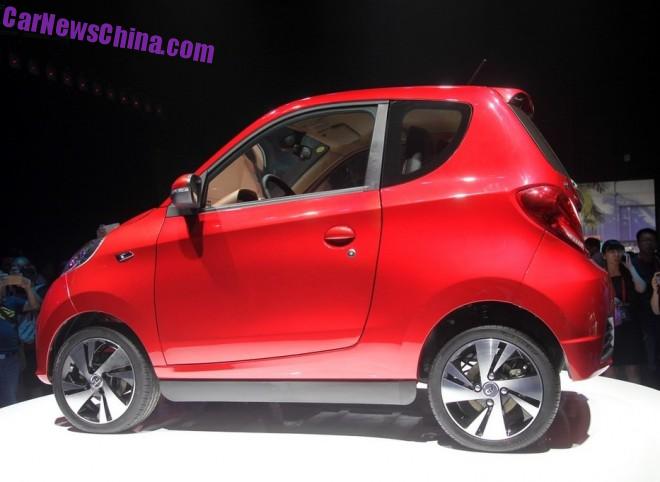JSCh
ELITE MEMBER

- Joined
- Jun 9, 2011
- Messages
- 13,235
- Reaction score
- 2
- Country
- Location
Chinese Billionaire Plans Electric Car Plant in Nevada
By DANIEL VICTORDEC. 10, 2015
Faraday Future, an electric car company backed by a Chinese entrepreneur, said on Thursday it would invest $1 billion to build a 900-acre factory in a suburb of Las Vegas.
The company, which intends to compete with Tesla Motors but has not yet unveiled a product, said the plant in North Las Vegas would bring 4,500 jobs to the state.
“We plan to revolutionize the automobile industry by creating an integrated, intelligent mobility system that protects the earth and improves the living environment of mankind,” Jia Yueting, the billionaire founder and chief executive of Leshi TV, an Internet video service, wrote in a letter to Nevada legislators.
Faraday has offered little detail on its plans, but the company intends to unveil a concept car on Jan. 4 at the Consumer Electronics Show, a technology trade show in Las Vegas, and it hopes to bring a car to market as early as 2017.
Continue reading the main story -> http://www.nytimes.com/2015/12/11/automobiles/faraday-future-north-las-vegas-jia-yueting.html
By DANIEL VICTORDEC. 10, 2015
Faraday Future, an electric car company backed by a Chinese entrepreneur, said on Thursday it would invest $1 billion to build a 900-acre factory in a suburb of Las Vegas.
The company, which intends to compete with Tesla Motors but has not yet unveiled a product, said the plant in North Las Vegas would bring 4,500 jobs to the state.
“We plan to revolutionize the automobile industry by creating an integrated, intelligent mobility system that protects the earth and improves the living environment of mankind,” Jia Yueting, the billionaire founder and chief executive of Leshi TV, an Internet video service, wrote in a letter to Nevada legislators.
Faraday has offered little detail on its plans, but the company intends to unveil a concept car on Jan. 4 at the Consumer Electronics Show, a technology trade show in Las Vegas, and it hopes to bring a car to market as early as 2017.
Continue reading the main story -> http://www.nytimes.com/2015/12/11/automobiles/faraday-future-north-las-vegas-jia-yueting.html





